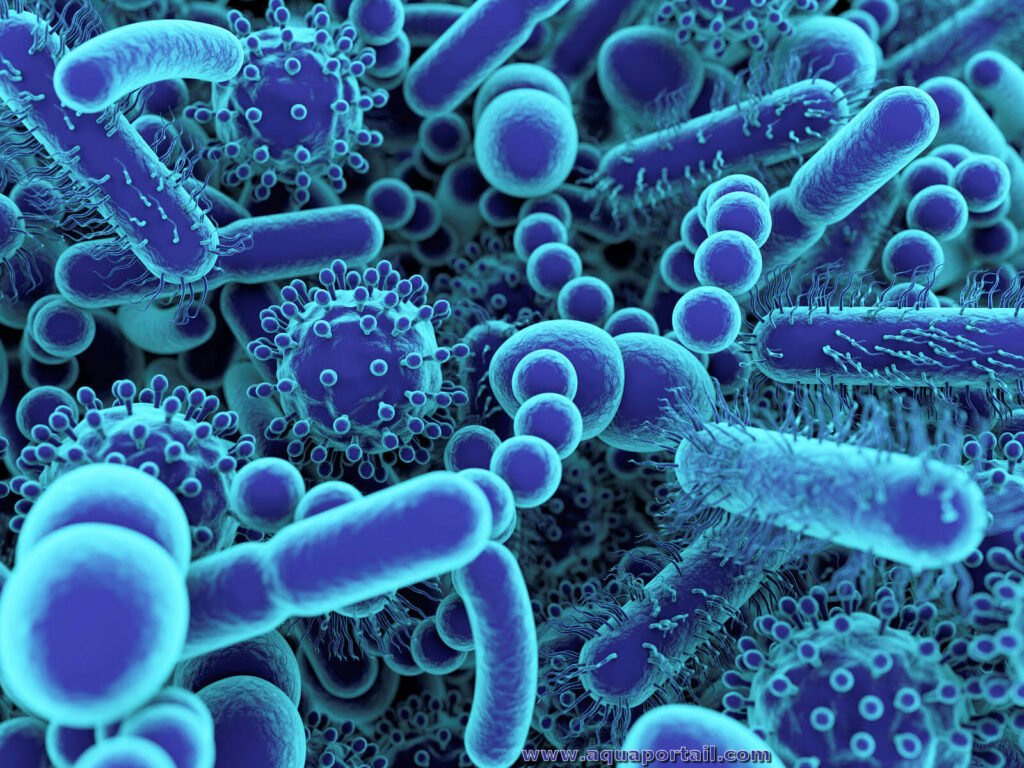

Now, let's discuss the role of food.
Many people think of food merely as fuel and calories. While this is true, food is so much more than that. Billions of years ago, mitochondria were free-living, single-celled organisms. They were engulfed by single-celled bacteria. Eventually, a pair survived together and began working cooperatively. The bacterium, now officially a “eukaryotic” cell, was in charge of finding food, while the internalized mitochondria were responsible for producing energy from it. This combination was more effective than one cell doing everything, and these eukaryotes evolved into all the multicellular organisms seen today. However, mitochondria still need information about the environment. Should they produce energy or rest? Is food plentiful, or are they starving? Is there danger close by? Since mitochondria are inside the larger cell, they have no direct contact with the outside world. So, how do they communicate? With food! Food acts as a messenger and a type of language, like a chemical radar. The food we eat informs our internal system about the outside world. The food we eat is turned into metabolic messenger molecules, not just energy.

